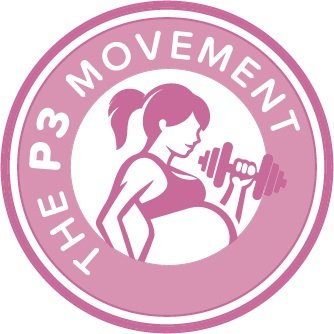This Body Feels New—And That’s Not a Bad Thing
You’ve grown a baby, birthed a baby, and now you’re trying to reconnect with the body that did it all. And let’s be honest: it can feel... unfamiliar.
Stretch marks, softness, soreness.
Muscles feel weaker. Clothes fit differently.
You might look in the mirror and not fully recognise yourself.
That’s okay. In fact, that’s powerful.
Your Body Didn’t Bounce Back—It Moved Forward
Let’s toss the whole “bounce back” narrative.
You didn’t go backwards. You didn’t lose something. You gained strength, capacity, and experience.
This body?
It carried life. It adapted to pregnancy. It recovered from birth. It’s learning how to support a whole new version of you.
That’s not a body to shame. That’s a body to honour.
What It Means to Reconnect
Reconnection isn’t about weight loss or looking the way you used to. It’s about feeling:
Strong picking up your baby
Stable walking up stairs with the pram
Confident moving through your day without pain
Proud of what your body can do, not just how it looks
When you move your body postpartum, you’re saying:
“I still live here. I still matter. I still belong in my own skin.”
How to Rebuild Your Relationship With Your Body
Start with function
Focus on movements that make daily life easier: glute bridges, core breathing, walking, squatting, carrying.
Celebrate what’s working
Did you feel stronger today? Did a movement feel easier than last week? That’s progress.
Tune in, not out
Instead of punishing your body, listen to it. What does it need today—stretching? Stillness? A power walk?
Be kind when it feels hard
You’re allowed to miss your old body and love this new one. Both can be true.
This Isn’t a “Fixing” Journey. It’s a Becoming One.
You’re not broken. You’re not behind.
You’re in the process of becoming someone new—not just as a mum, but as a woman learning to take up space in her body again.
This body may feel new.
But it’s still yours.
And it’s still strong—even if that strength looks different now.
Download my free postpartum PDF timeline by clicking on the link.

